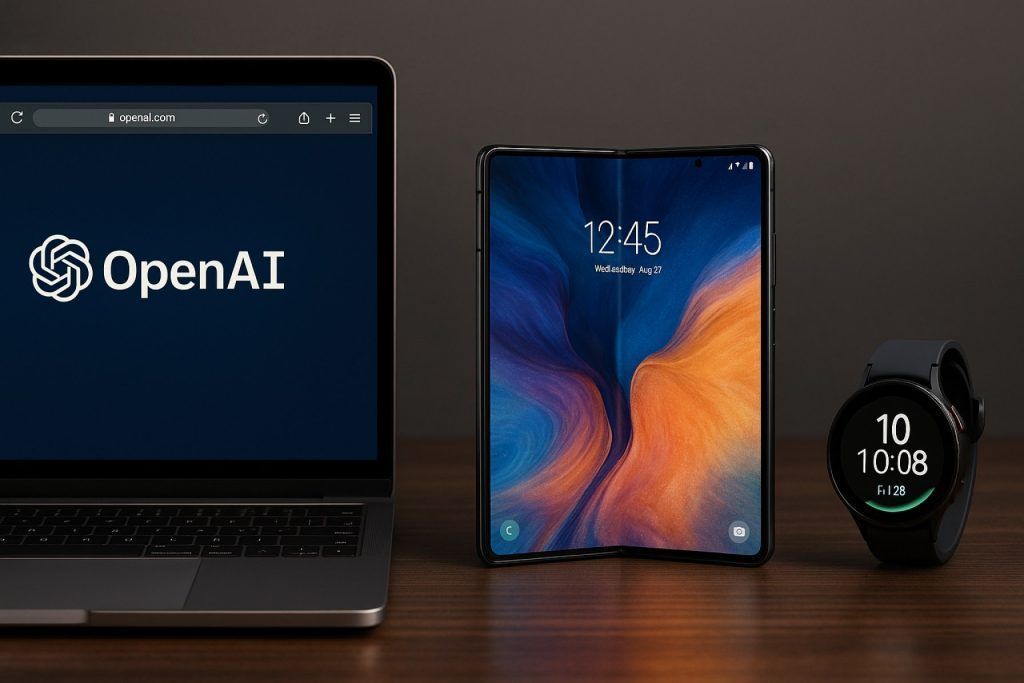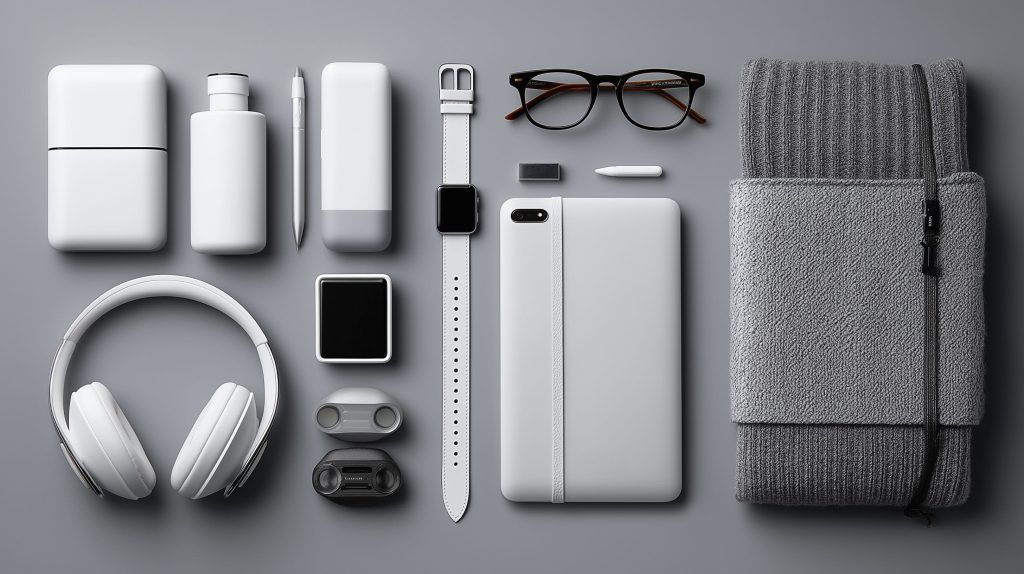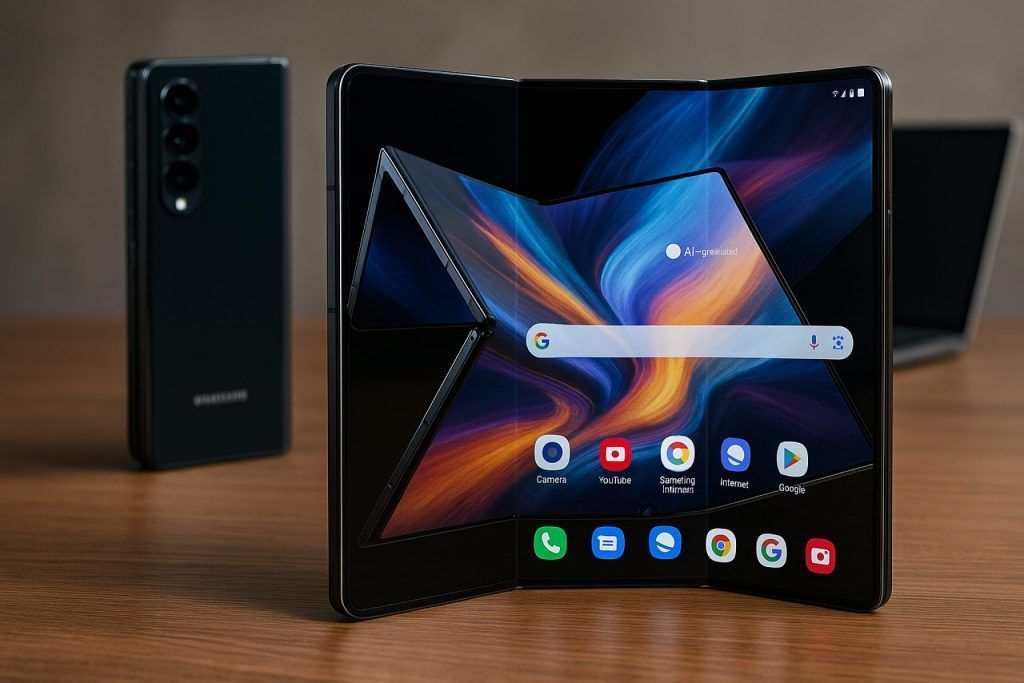Logistics Hub: Warsaw, Poland & Lviv, Ukraine
Technology Portfolio
Need something not listed? We are an authorised distributor/VAR for 60+ OEMs and can source virtually any satellite or unmanned-tech component within 5-14 days.
Broadband Satellite Internet
Starlink Gen 3 / Rev 4, Starlink Mini; GEO/NGSO Ku- & Ka-band VSAT terminals (Cobham, Hughes, iDirect)
Zero-touch provisioning, ground-block mounting, dynamic beam switching, SLA up to 99.7 %
Satellite Broadcast & Teleport
Full-transponder & occasional-use capacity on AMOS-7, Astra-4A, AzerSpace-1, Eutelsat 36B
Turn-key uplink, multiplexing (DVB-S/S2 & ISDB-T), 24/7 carrier monitoring & redundancy
Mobile Satcom & Satphones
Iridium Extreme, Thuraya X5-Touch, Inmarsat IsatPhone 2; Push-to-Talk (PTT) over satellite
National SIM registration, group call configuration, rental pool for short missions
IoT / M2M / Asset Tracking
Cobham Sailor 4300, Benish Universal trackers, ORBCOMM OGi modems
Real-time CAN-bus data, fuel & route analytics, integration with Kontrol Plus & Esri GIS
Earth-Observation & Geo-Analytics
SuperView, Capella, Satellogic, KOMPSAT-3A, Eros-B imagery
Task-on-demand, ortho/DEM generation, object-of-interest change detection, NDVI & flood maps
GNSS / Survey Solutions
Trimble R12i, Leica GS18 T, Septentrio AsteRx; NTRIP/RTK correction services
Cadastral & topographic survey, corridor mapping for utilities, as-built BIM deliverables
Unmanned Aerial & Ground Systems
VTOL drones (Atlas PRO, JAEGER); fixed-wing ISR (Silent Falcon); UGV platforms (Milrem THeMIS)
Crew training (EASA SORA-compliant), payload swap-out, rapid depot-level repair
Counter-UAS & Air-Defence Adjuncts
RF jammers (Cage Industries), radar/EO fusion sensors, passive RF-direction-finding kits
Site survey, spectrum analysis, layered C2 integration, 24-hour field replacement
Secure Networking & Cybersecurity
L2VPN/MPLS over SATCOM & LTE, Fortinet NGFW, Juniper ACX rugged routers
Crypto-agile tunnelling, tactical MANET nodes, 24/7 SOC-as-a-Service, red-team drills
Field Energy & Power Resilience
Rugged LiFePO₄ UPS, 48 V DC micro-grids, foldable PV kits (Goal Zero, EcoFlow)
Load modelling, hybrid-gen design, EMI/EMP hardening, preventive maintenance
Tactical Computing & Rugged IT
Getac B360 laptops, Panasonic TOUGHBOOK 40, Crystal Group RS110 servers
Image-chain accreditation, MIL-STD-810H certification audits, on-site IMAC-D
Rapid-Deployment Comms Kits
Fly-away satcom cases, inflatable masts, LTE-in-a-Box (parallel EPC)
30-min setup, IP-67 transit cases, hotspot coverage up to 5 km, option for HF/mesh back-haul
NEWEST SPACE TECHNOLOGY MARKET ANALYSES
satellite reports
OpenAI’s AI Browser, Samsung’s Foldable Revolution, and the Next Tech Wave: The 2025 Tech News Deep Dive / Updated: 2025, July 13th, 00:01 CET
OpenAI’s Chromium-Based Browser: The Next Big Threat to Google Chrome? OpenAI is making headlines with the announcement of a new Chromium-based browser that deeply integrates generative AI and conversational features,[…]
Read moreAI’s Wild Summer: Grok’s Scandal, Talent Wars, and the Global AI Power Shift / Updated: 2025, July 13th, 00:01 CET
The world of artificial intelligence (AI) is in the midst of a seismic transformation. In just the past week, the industry has witnessed a cascade of breakthroughs, controversies, and power[…]
Read moreCosmic Webs, Hidden Galaxies, and Political Turbulence: This Week’s Space News Will Change How You See the Universe / Updated: 2025, July 13th, 00:01 CET
The Universe’s Skeleton Revealed: Mapping the Cosmic Web Astronomers have achieved a milestone in cosmic cartography by mapping the cosmic web—the vast, filamentary structure that connects galaxy clusters across the[…]
Read moreiOS 26 Shocks iPhone Users with a Stunning Redesign, Powerful AI Upgrades, and Epic New Features
Apple’s iOS 26 has finally arrived, delivering one of the most significant updates in the iPhone’s history. This newly released version isn’t just another annual refresh – it’s a complete[…]
Read moreApple’s Summer 2025 Leak Report: iPhone 17 Surprises, M4 iPad Upgrades, MacBook M5 Rumors & More
Apple Product News and Rumors for June–July 2025 July 2025 – A wave of Apple product news and credible rumors has emerged in June and July 2025, shedding light on upcoming[…]
Read moreInternet Access in Palestine: West Bank and Gaza
Palestine – encompassing the West Bank and Gaza Strip – has made strides in expanding internet access, but it lags behind global and regional standards due to unique political and[…]
Read moreAI Voice Clones Are Taking Over – Inside the Synthetic Voice Revolution of 2025
Introduction: The Rise of AI Voice-Over Artists In 2025, artificial intelligence is dramatically reshaping the voice acting industry. From Hollywood movie trailers to YouTube videos and radio broadcasts, AI-generated voices[…]
Read moreDrone Laws in Indonesia 2025: Comprehensive Guide for Hobbyists and Commercial Operators
Indonesia has a well-defined legal framework governing the use of drones (pesawat udara tanpa awak) for both recreational and commercial purposes. Regulations have evolved rapidly since 2015 to address safety,[…]
Read moreThe Ultimate 2025 Guide to AI Coding Tools: What’s Hot, What’s Hype, and What’s Coming Next
AI Coding Tools in 2025: Features, Trends, and Expert Insights The software development landscape in 2025 is teeming with AI-powered coding tools that promise to supercharge productivity. From AI pair[…]
Read moreAI Teachers Take the Podium: How Digital Professors and Virtual Tutors Are Revolutionizing Education
Artificial intelligence is rapidly moving from behind the scenes to front and center in classrooms and corporate training. “AI lectors” – AI systems that deliver lectures or assist in teaching[…]
Read moreVirtual Lovers and AI Best Friends: Exploring the Booming World of AI Companion Apps in 2025
AI Companion and Love Apps: Features, Comparisons, and Trends AI companion apps – offering virtual friends, romantic partners, and “digital soulmates” – are exploding in popularity. From AI girlfriends that[…]
Read moreEverything Coming in 2025–2026: The Future of Tech Is Finally Here
Upcoming Tech Products in 2025 and 2026 Tech enthusiasts, buckle up – 2025 and 2026 are poised to deliver a wave of cutting-edge products and breakthroughs across every sector. From[…]
Read moreSpace Race 2.0: Starlink, SpaceX, and the New Satellite Wars—How Today’s Space News Is Shaping Our Future / Updated: 2025, July 12th, 12:02 CET
The New Golden Age of Space: Streaming, Satellites, and Superpowers The 2020s are rapidly becoming a new golden age for space exploration and technology. From the democratization of space access[…]
Read moreAI News Today: Shocking Breakthroughs, Job Shakeups, and the Battle for Human Values / Updated: 2025, July 12th, 12:01 CET
Artificial intelligence (AI) is no longer a distant promise—it’s the engine powering seismic shifts across industries, societies, and even our personal lives. From billion-dollar investments and regulatory showdowns to ethical[…]
Read moreSamsung’s Triple-Foldable Galaxy G Fold, AI-Powered Tech, and the Next Wave of Innovation: The Ultimate Tech News Breakdown / Updated: 2025, July 12th, 12:00 CET
Samsung’s Triple-Foldable Galaxy G Fold: The Foldable Revolution Accelerates Samsung is once again at the forefront of mobile innovation with its upcoming triple-foldable smartphone, tentatively called the Galaxy G Fold.[…]
Read moreTS2 Space Sp. z o.o.
TS2 SPACE, LIM Center, XVI floor, Aleje Jerozolimskie 65/79, PL 00-697 Warsaw, Poland
phone +48 22 630 70 70, +48 22 630 70 70, fax +48 22 630 70 71
7:00 AM – 5:00 PM Greenwich Mean Time (GMT)















